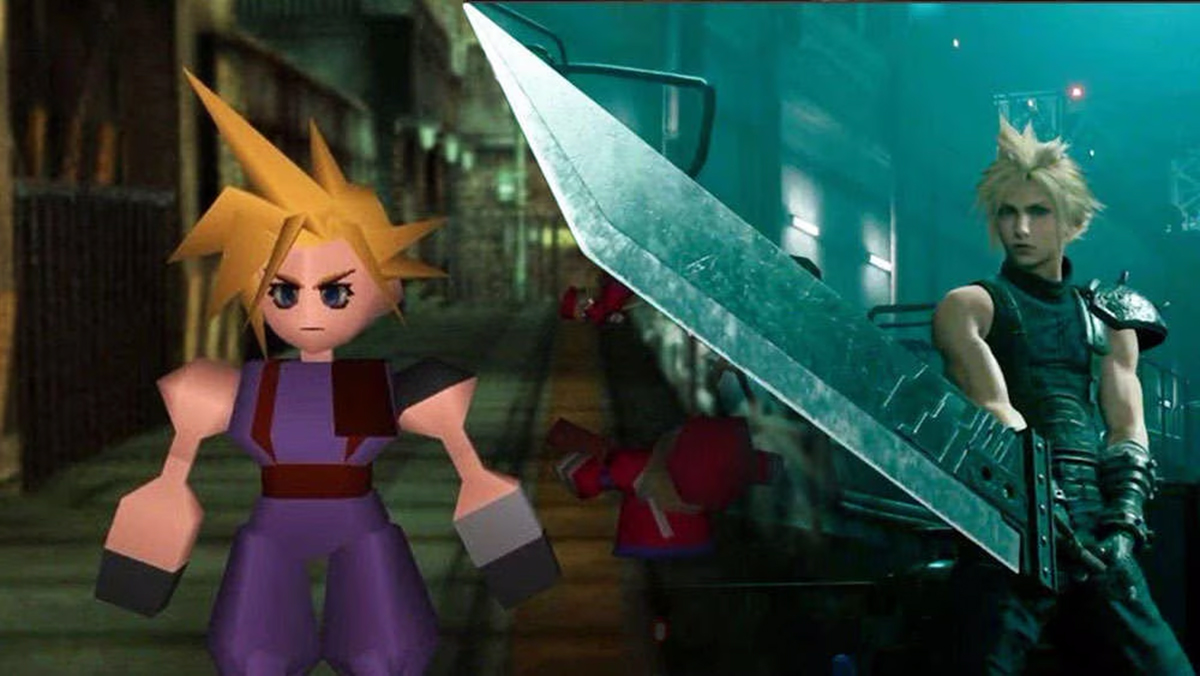For the last month I have heard the term “Blugold Commitment” several times. To be honest, I didn’t care much about it, as I come from another country, another university and I am leaving Eau Claire in a month.
As the days passed, my interest started to grow. I started to do my research as a reporter, which I thought would be easy, just asking some questions to a couple of American friends. But, I found out they didn’t know anything about the Blugold Commitment. My list of American friends here is pretty short, so I started to talk with random students. I have never felt more frustrated as a reporter trying to gather information from the first-hand source, the people who are truly affected.
The students actually do not know that the university is asking for $750 more per semester. The ones who know don’t have an opinion, and other students are just against it without knowing the proposals of the commitment because it means spending more money.
It is great that the approval of this commitment has to go through the Student Senate in December and before the Board of Regents in February. Although the Senate is supposed to represent the student community, if just its members and a few students are aware of the Commitment, the approval decision is going to be a surprise, or even worse, a problem for those who ignore the Blugold Commitment.
Finally, I used my own ways to inform myself about this Commitment, and apart from discovering indifference from the students, I realized I have my own opinion about these proposals. You may think my opinion doesn’t count as I am not a real Blugold, but as I have to pay that increase every semester in my university back home, I do have my own opinion.
I don’t think there will ever be a balance between the amount of money you pay and the education you receive. Nowadays, money decides our own future. Every single day costs increase, while our profits maintain or decrease.
The differential tuition will increase by $1,500 per student over the next four years. Fifty percent of this money would be used in hiring more faculty and staff members. Another 40 percent would be spent in financial aid for those who can’t afford the increase, and the other ten percent remaining would provide academic immersion programs to prepare the students best for their future in graduate school, the workplace and as citizens.
Students do not want to pay more money than they are already paying, but they should realize the benefits this new payment will bring not just in the undergraduate experience, but also in the outside world.
“This self-investment is not just something we need to consider on the short term,” Student Body President Michael Umhoefer wrote in his last column in The Spectator, “the diploma we walk away with will always be valued on the present-day academic reputation of the institution.”
Personally, I think this increase could be lower; however I think it is a great opportunity for the faculty and alumni to improve education, which will be valuable for the rest of the students’ life and career. Besides, what is more important than the education today to be a successful person tomorrow? Nothing.
In the Javeriana University in Bogotá, Colombia, I pay around 6 million Colombian pesos, which is $3,053, just for the academic undergrad fee. It is quite expensive considering two things: First, in a country where poverty is all around, just 1 percent of the population can afford it. There isn’t any Commitment that helps low- and middle-income families, and if it did exist, everyone would be against it, because in my country everyone is alone, trying to do anything to have a decent life.
Second, there is no on-campus housing or meal plan. This means you have to pay to rent off campus (unless you live with your parents), which can be cheaper or cost more than $1,415, depending on where and how you want to live. As for the meal plan, it might be slightly cheaper to pay for food in cash every day or to cook for yourself. Actually, I am glad there are no cafeterias where I must eat which serve food that I do not enjoy.
In conclusion, I pay almost the same as the students here, but I do not see the investment anywhere. UWEC Students already have a high quality education with reasonable fees, where they can actually see and enjoy what they are paying for. The investment in the Blugold Commitment would bring even more positive things.
Finally, for those who still don’t know what the Blugold commitment is, you have time to get involved. We are talking about your future and your money. So, you’d better get informed and have an opinion so the Student Senate can make a fair decision that benefits all the students on campus.
Pinzon Mendoza is an international student from Colombia studying journalism and is a guest columnist for The Spectator.






